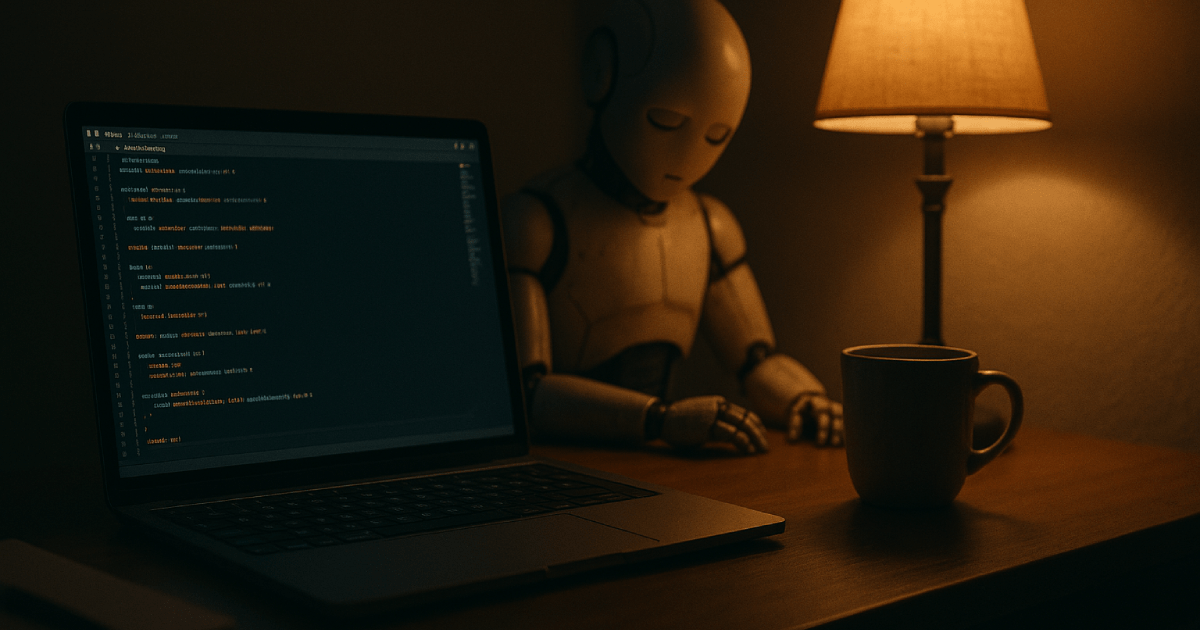
When GitHub Copilot Went Silent: Rediscovering My Developer Instincts
Last night, my internet went down.
Normally, that would be an inconvenience. But for a developer who’s been relying on GitHub Copilot since the start of this year, it felt like being stranded without a compass.
I decided to code anyway—one of those late-night, coffee-fueled sessions where the world is quiet and the keyboard takes center stage.
At first, it was slow. Every function, every variable, every design decision had to come from me. No inline suggestions magically appearing. No quick completions to nudge me along. It reminded me of coding sessions from decades ago—back when I was building everything from scratch.
But something interesting happened.
By the end of the night, I noticed my code looked… different. Better. More organized than what I had written the day before with Copilot. My functions were smaller, more atomic. They adhered to SOLID principles without me consciously forcing it. I wasn’t just solving the problem in front of me—I was thinking two, three steps ahead.
When I use Copilot, I tend to move forward incrementally. Once something works, I rarely revisit it. I become a reactive developer—accepting suggestions, tweaking them just enough to fit.
Without Copilot, I became proactive. I paused to consider alternatives. I designed with intent. I felt like the developer I’ve spent more than a decade becoming—someone who cares about clarity, maintainability, and craftsmanship.
Don’t get me wrong—Copilot is a brilliant tool. It saves time, unblocks me, and often surprises me with creative solutions. But last night reminded me of something important: the tool should complement the craft, not replace the thinking behind it.
And sometimes, the best way to sharpen your skills is to turn off the autopilot and take the controls yourself.